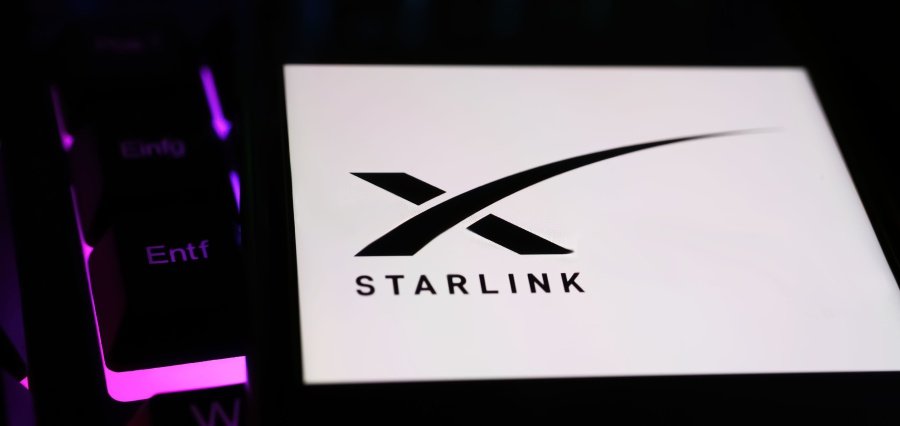Starlink, a satellite broadband venture backed by billionaire entrepreneur Elon Musk, is taking great strides in the acquisition of a license to operate in India after it conformed to the country’s requirements on data localization and security. Such an agreement would remove a key regulatory barrier in expansion into the Indian satellite internet market according to a recent report.
The company’s efforts in negotiations with the DoT have resulted in Starlink agreeing, in principle, to abide by India’s data localization policies. The firm has reportedly agreed to follow India’s government directives on data storage and security a move that will further help it gain its license under the Global Mobile Personal Communication by Satellite Services (GMPCS). This is a mandatory license Starlink will require in order to provision satellite broadband services in the country, even though the application has yet to be filed.
The GMPCS license would allow Starlink to apply for trial spectrum at a nominal fee, a critical requirement for establishing its satellite network. Indian regulations stipulate that satellite operators must store data within the country and enable access to it by intelligence agencies for security purposes when necessary.
There is also the application of Starlink going ahead with the Indian National Space Promotion and Authorization Centre, which is taking care of private satellite service regulatory approval. Chairman Pawan Kumar Goenka said “Both Starlink and Amazon’s Kuiper project are responding to the queries that arise during the approval process.”
With the waiting for further regulatory clearances, the Telecom Regulatory Authority of India is holding an open discussion with industry stakeholders on the parameters of spectrum allocation and pricing for the provision of satellite services. TRAI is expected to introduce new spectrum allocation guidelines before December that would frame the satellite service providers in the future.
Starlink will catalyze increased competition against India’s domestic telecom giants, especially Reliance Jio, Bharti Airtel and Vodafone Idea. Conjoint with the expanding Indian space economy, the thriving satellite market will be the pivotal force in giving a boost to the country’s space sector, which is poised to contribute significantly to the global space activity by 2033.
Read Also : India to Enter Global Container Shipping Market CONCOR to Lead the Charge

